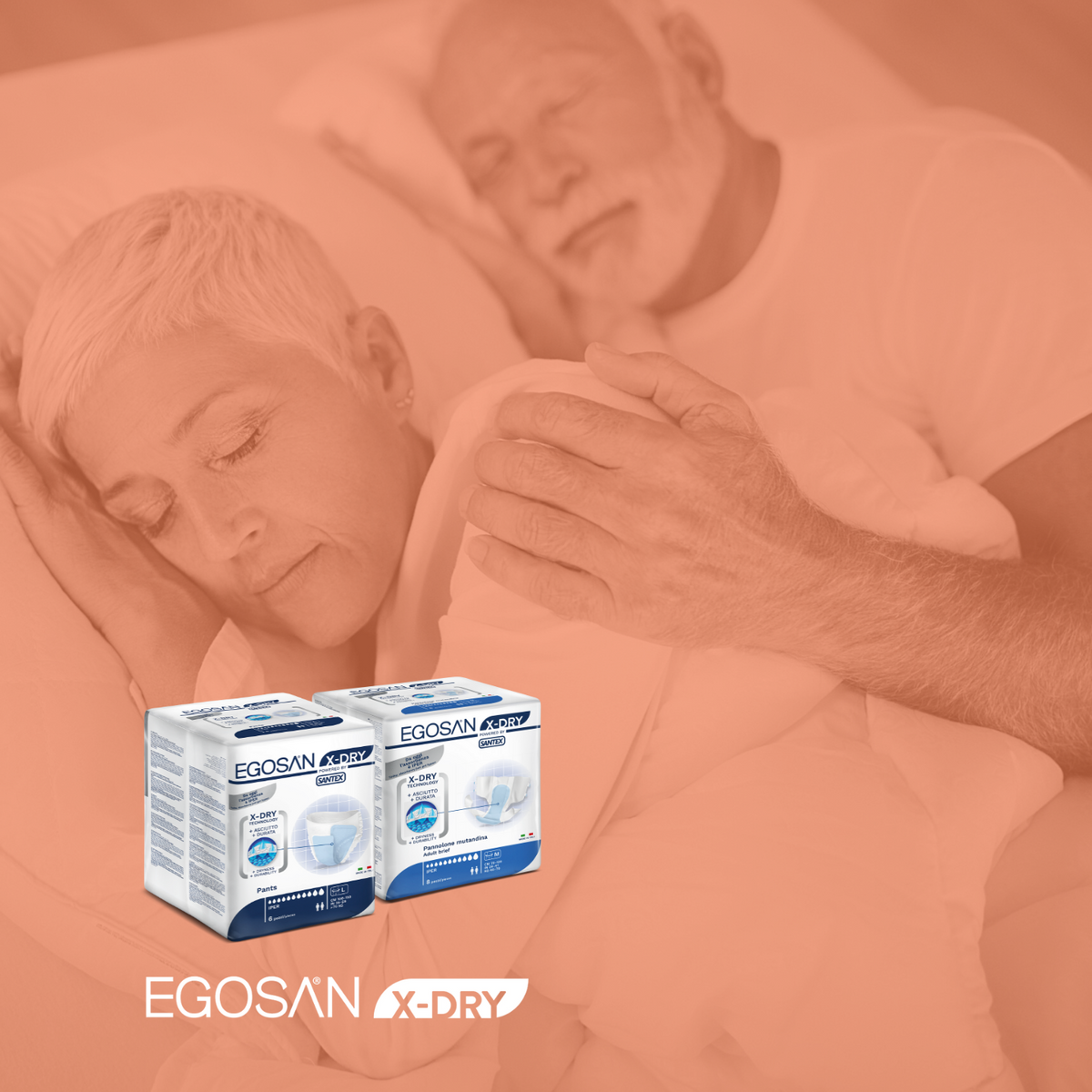Top 5 Little-Known Remedies for Incontinence
![]()
You’ve heard it before, and you’ll hear it again: the body is like a well-oiled machine. Each of the parts needs particular care and attention to continue their specific process successfully and to contribute to the success of the whole. Our bladder is no different. It deserves just as much attention and care as the next organ! That's why we've come up with the five least-known remedies of incontinence, so the bladder can get more of the attention it deserves.
Meditation
Meditation contributes to lessened stress, decreased depression, and improved physical health in general. It also aids in remedying particular ailments and parts of the body, including incontinence and the bladder. In one trial where participants were prompted to participate in meditative tasks such as visualization and breathing exercises, results turned out to be extremely positive. One of its participants claims to be “virtually accident-free,” after being introduced to the brain-bladder relationship. Look for meditation groups near you, download one of the many meditation apps available, or sit down, set a timer, and take a few breaths.
Yoga
Yoga is the mind-body-spirit practice that people have been adopting for many health-reasons all over the Western world as of late. Through particular yoga postures and breath work, participants can target symptoms of incontinence. Yoga postures that create awareness of the pelvic floor structure have been shown to be especially useful. Give your local yoga studio a call, look into private instructors, or search YouTube for digital classes, which are great when you’re just getting started.
Cognitive Behavioral Therapy
Given the physical nature of incontinence, you might be surprised that Cognitive Behavioral Therapy (CBT) is a useful resource for those living with bladder concerns. Recent studies show that there is a connection between incontinence and anxiety. Through CBT, patients can address the core reason for the fear and receive with tools to help them manage stress better. Lessened anxiety has been shown to give sufferers of incontinence a more hopeful outlook and feelings of more control over their minds and bodies. Ask your doctor to recommend a therapist to you or look into positively reviews CBT therapists in your area. There’s also the option of remote therapy, such as BetterHealth.
Community Support
Being a part of a community is a significant facet of the human condition. Through connections with like-minded others, especially those who have gone through similar struggles as us, we can feel less alone and part of something much bigger than ourselves. Support networks have been shown to be majorly useful for almost any medical issue, and that’s also true for incontinence. The internet is your friend with this one: do your research and find a meet-up, forum, or private social platform where you can meet people to whom you can relate.
Diet/Nutrition
What you put in your body matters. What food you eat will affect almost every area of your physical health. It’s important to stay hydrated, which might sound intuitive but it’s not. Having enough water in your system may even help leakage. Stay away from carbonated beverages, spicy foods, and sugar. These might taste yummy, but you’ll regret it later. Do your research and speak with your doctor or nutritionist about what the best diet is for your unique needs.
Science is continuously discovering ways to help treat incontinence: meditation, yoga, support networks, and diet are only but a few of them. Whether you've known about these resources for some time or are just uncovering their existence, it's essential to have a hopeful outlook when it comes to new remedies for incontinence.
Take control of your incontinence: shop our Amazon store 24/7 from the comfort & privacy of your own home. Our innovative, Italian-made incontinence products are now available in cases. Subscribe for recurring delivery and save today.




